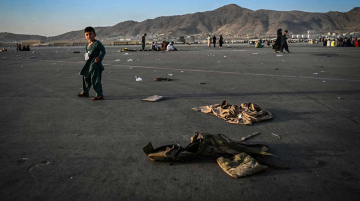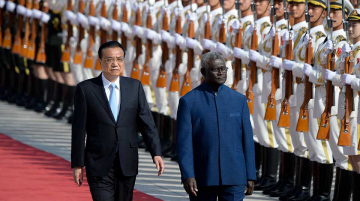Editor’s Note: A number of current and former United States government officials took issue with many of the points that I raised in my recent column on U.S. foreign policy towards Africa (“China’s role in Washington’s divided, confusing foreign policy towards Africa“) and disagreed vehemently both with my assessment and conclusion. Understandably, those officials currently working in the government are not permitted to share their comments publicly, but Colonel Chris Wyatt (ret), CEO of the strategic consultancy Indaba Africa Group and former Director of African Studies at the United States Army War College, agreed to share his views on some of the key issues that were addressed in the column. His rebuttal and answers to a few follow-up questions have been reprinted here in full with his consent. — Eric Olander
Eric, thank you kindly for the opportunity to respond to your questions. Understandably there is a lot of confusion or anger at what is widely and inaccurately portrayed and misrepresented in media and by politicians, including senior U.S. Government officials. Consequently, what has transpired is a lot of people who incorrectly presume the U.S. Government has something against Africans. That is very unfortunate and demands the facts be pointed out.









